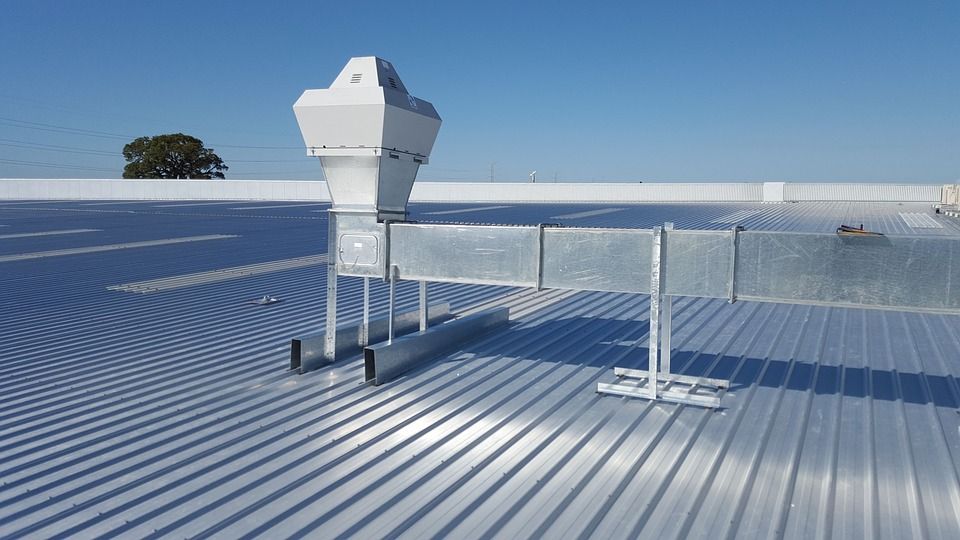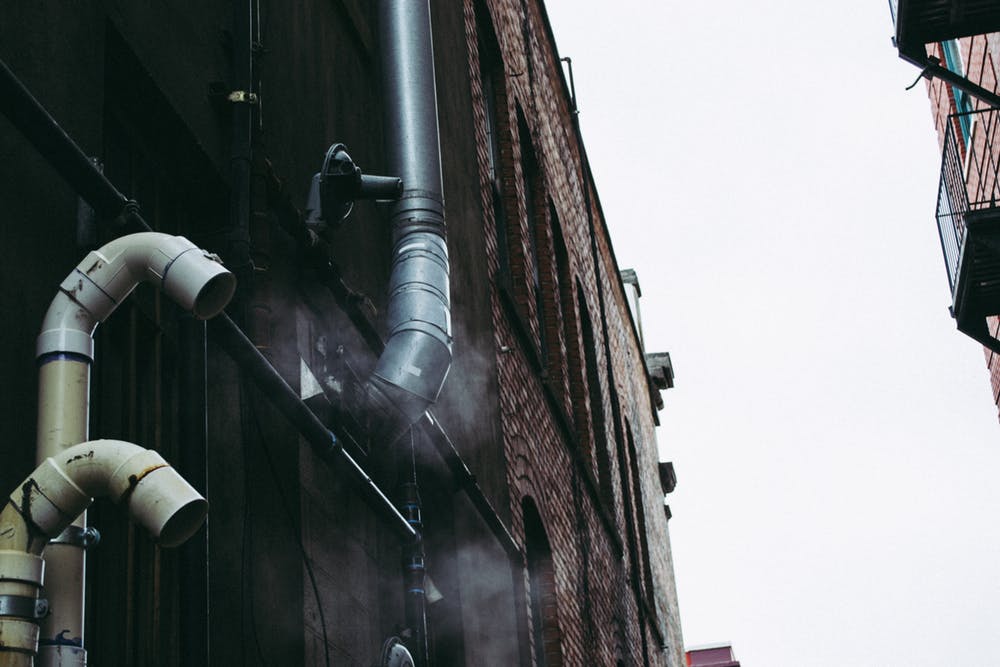Keeping HVAC Systems in Top Shape
Making sure that HVAC systems are working efficiently should be an utmost priority: failing to do so can not only directly lead to costly maintenance emergencies but also cause uncomfortable and angry tenants.

Indoor heating, ventilation, and air conditioning (HVAC) are controlled by technologies that specifically work to provide safe air quality and comfortable temperatures for living spaces. For property or maintenance managers, making sure that HVAC systems are working efficiently should be an utmost priority: failing to adequately check and upkeep HVAC systems can not only directly lead to costly maintenance emergencies and uncomfortable, angry tenants, but also potentially implicate legal action from those who feel that management has allowed them to become exposed to poorly ventilated/heated spaces. There are four main reasons why efficient HVAC systems and necessary maintenance should be at the top of every property manager’s list:

1. Health and legal obligations: in most states, existing laws establish that rental properties must be properly heated and ventilated, which a property’s owners and/or managers in charge are responsible for guaranteeing. A space that is not properly ventilated won’t allow mold, moisture, odors, hazardous gases, dust mites and other toxic airborne pollutants to be circulated out of the property and ultimately stagnate indoors as a result, which can cause severe breathing problems/infections or even death to those exposed. Similarly, providing acceptable indoor heating is necessary and mandated by the law, which finds that landlords are obligated to ensure that tenants are living in hated spaces, especially during the cold months. While these laws to not apply to air conditioning - in most states, air conditioning is considered an amenity and not a required service that must be provided - buildings providing this service should proactively check their air conditioners to ensure they are working properly and not polluting or worsening the air quality.
2. Bills and operating costs: HVAC systems that are not properly maintained will suffer significantly more as they experience greater wear and tear. Worn systems are strained - they require the same amount of energy to run (or more) but their performance is reduced, resulting in increasing operating costs while their actual output is not meeting expectations. On the long run, investing in more efficient systems or in the scheduling of regular servicing allows to actually save a considerable amount of money.
3. Protecting investments: HVAC systems are not cheap to purchase and install, which is why properly tending to them is necessary to ensure they are long-lasting. They can last up to a decade when maintained, which is certainly preferable to having to replace them frequently and thus having to spend more and more money.
4. Peace of mind: HVAC systems that have not been maintained are worn and thus strained and prone to breakage. This makes them immensely more likely to suddenly stop working - which is one of the more inconvenient, costly and stressful kinds of maintenance emergencies to encounter. Ever had to replace a broken heater in the wintertime?

With awareness and mindfulness, HVAC emergencies can be easily avoided. The following five tips outline the best practices for keeping your HVAC systems in optimal working condition, and avoid the headaches discussed above.
1. Trust your instincts: if you - or your tenants - are able to notice that something does not feel right, it’s always a good idea to take it seriously, follow up and investigate. If HVAC systems are suddenly more noisy than usual, heating seems slower or spotty, air flows are weak, or weird odors (especially musty ones!) linger, it’s best to call an HVAC professional right away to sort out whether there is an issue that should be addressed and the space is safe.
2. Schedule regular maintenance: HVAC professionals are loud and clear when it comes to scheduling maintenance/servicing: heaters should be checked up every fall, and air conditioners every spring, no excuses. This allows for a professional to determine whether the HVAC at your property is running as best as it can, suggest ways for improving efficiency, and most importantly, warn you about potential issues that you were not aware of. Studies have found that up to 95% of all HVAC emergencies could have been avoided if owners had scheduled the recommended seasonal checkups.
3. Regularly replace air filters: air filters should be replaced every 30 to 90 days, while still being checked monthly for any stuck debris or clogs; households with pets or numerous cohabitants require more frequent changes. Air filters directly contribute to the overall air quality - and thus safety - of the space as they literally filter out impurities and pollutants. Regularly switching used filters with new ones secures proper air flow, which contributes to the working efficiency of you HVAC system: a system operating with clogged or dirty vents can be as much as 50% less efficient.

4. Monitor vents and outside units: it’s important to remind tenants that visible indoor vents should not be blocked by furniture or other items, and should regularly cleaned and/or dusted to prevent buildups (dust and various debris are then re-circulated within a space). Outside units need even more care. They should not be obstructed by trees and shrubs, and should be checked regularly to ensure that dirt, leaves and other debris is not inhibiting air flow. Our professionals suggest seeking advice from a professional HVAC company on how to perform safe and effective cleanings, which can then typically be performed without needing to hire added help.
5. Ductwork inspections: if your property has ductwork, it should be regularly inspected by a professional. Over time, ducts can become coated in and even clogged by dust and other debris, which can contain dust mites and other pests. Leaks can also develop, which require sealing to avoid air to escape: professional HVAC technicians can take care of cleaning and duct sealing, which ensures the HVAC system is performing efficiently and safely.
Most HVAC repairs are caused by poor or lacking maintenance. Our expert HVAC technicians encourage you to invest in regular checkups to keep your HVAC systems running smoothly, for as long as possible.

